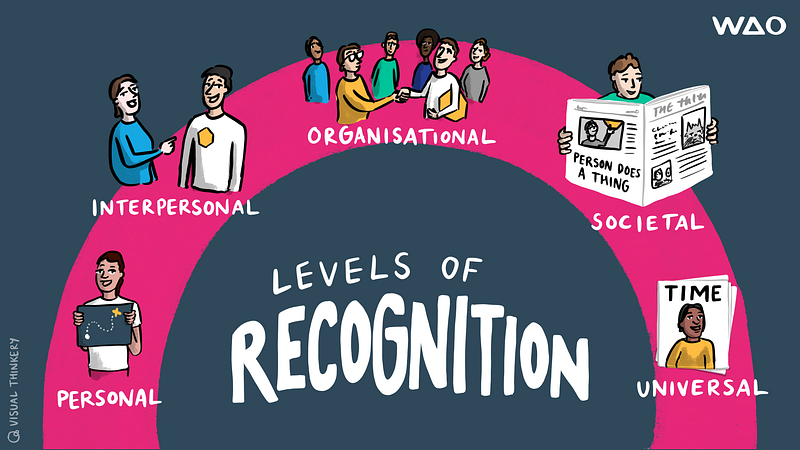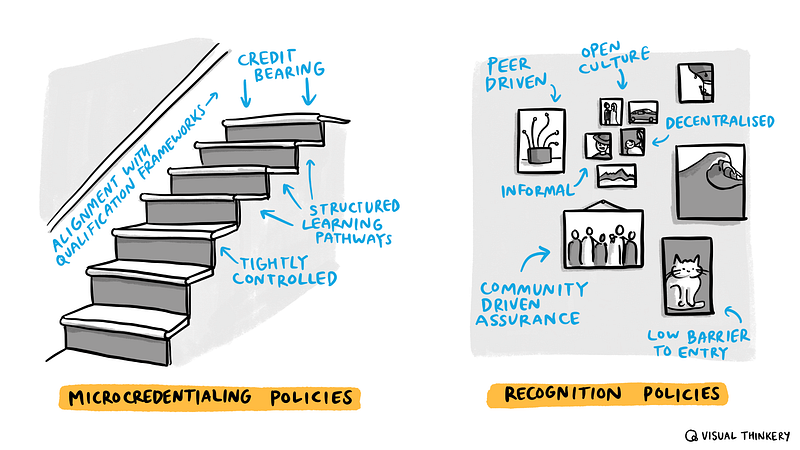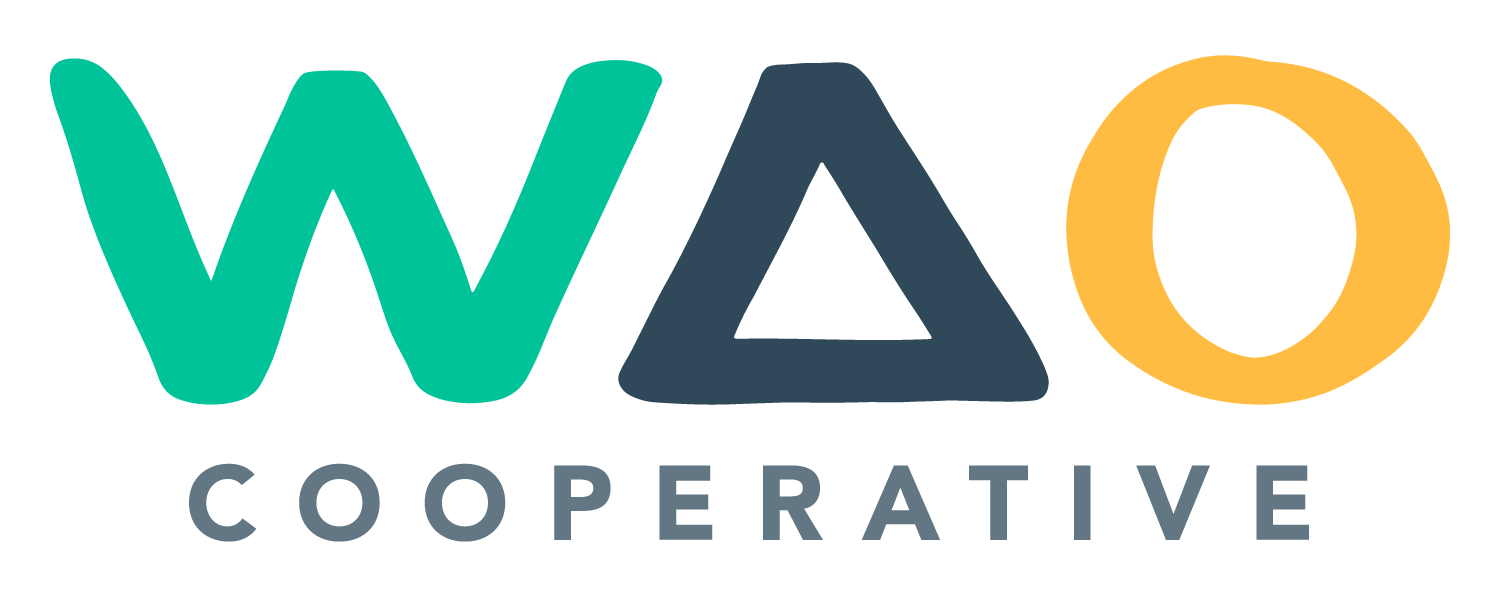
Update: added videos after they were made available via the ePIC 2024 conference proceedings page
Last week, I was in Paris for ePIC, a conference I keynoted 12 years ago(!) in my first week on the Mozilla Foundation’s Open Badges team.
Four years later, in 2016, participants at the event signed the Bologna Open Recognition Declaration (BORD). This year, we signed the Paris Declaration on the Equality of Recognition.
Many thanks to the organisers of the event, who manage to ensure that it runs smoothly every year and invite a wide range of people to participate within the ‘big tent’ that is Open Recognition!
Open Recognition vs Microcredentials

There has been a lot of muddy thinking in the badges and credentials world since Mozilla handed over stewardship of the Open Badges standard. One of the major issues, which we discussed in an impromptu ‘group therapy session’ at ePIC, is the paucity of microcredentials as a term of art.
Microcredentialing, as we shall discuss in an upcoming NDLN Horizon Report, is a supply-side reinvention of Open Badges. Unfortunately, it has at its core neither an agreed-upon definition, nor a technical standard. As such, ‘microcredential’ is what I would call an unproductively ambiguous term; it doesn’t mean or signify much.
The reason that Open Recognition is an increasingly attractive approach to badging is that it is holistic. It builds upon the original, revolutionary Mozilla Open Badges white paper by putting the individual at the centre and decentralising recognition practices. Not all Open Recognition needs to be badged, credentialed, or endorsed, but the important thing is that it can be — and by anyone.
WAO x ePIC
Last year, in Vienna, WAO was represented by Laura, Anne, and me. This year, I went by myself, despite the slide below with Laura’s name on it!
I ran a 45-minute workshop on using AI tools for identifying and mapping skills against various frameworks using a custom GPT that I called ePIC Skills Mapper. I also showed the functionality in one particular badge platform on how AI can help generate badge metadata.
The slides from this workshop are available.
Julie Keane from Participate kindly helped me present in a 20-minute slot for sharing our findings from a recent project in which we were both involved.
The slides from this presentation are also available.
Open Recognition is for Everybody (ORE)

WAO would like to reinvigorate the ORE community in 2025. While we’re currently still meeting on the last Tuesday of every month, we can do more in terms of spreading Open Recognition practices within the various communities and networks which we operate.
Why not join us on November 26th to reflect on ePIC and plan for next year? Click here to register — all welcome! https://lu.ma/2wq9hpuc

Discussion